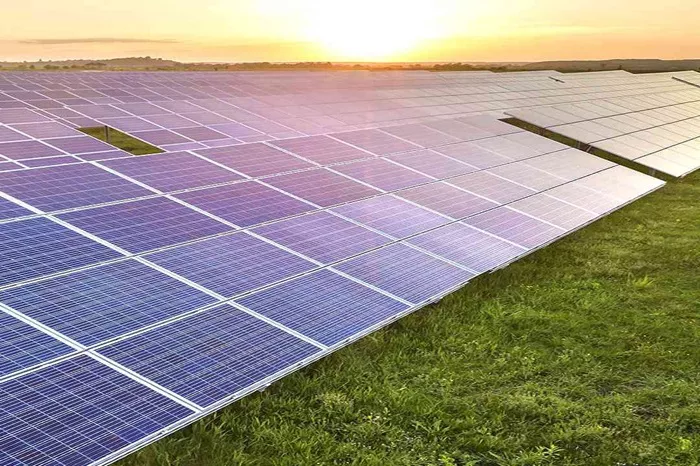In a significant development for India’s battery manufacturing sector, Reliance New Energy Battery Limited, a subsidiary of Reliance Industries Limited, has secured a 10 GWh capacity under the Production Linked Incentive (PLI) Scheme for Advanced Chemistry Cells (ACC). The Ministry of Heavy Industries (MHI) signed the agreement with the company on February 17, 2025, following a global competitive bidding process. This move makes Reliance New Energy Battery Limited eligible for incentives under India’s ₹18,100 crore PLI ACC scheme.
The agreement is an important step in implementing the National Programme on Advanced Chemistry Cell (ACC) Battery Storage, which was approved by the Cabinet in May 2021. The programme, with a total budget of ₹18,100 crore, aims to establish a 50 GWh manufacturing capacity. So far, 40 GWh has been allocated to four firms under the scheme. The first round of bidding in March 2022 saw three firms awarded a total of 30 GWh, with agreements signed in July 2022.
At the signing ceremony, MHI officials emphasized that the PLI ACC Scheme is designed to increase local value addition and keep battery manufacturing costs competitive globally. The scheme gives firms flexibility to use the most suitable technology and resources when setting up cutting-edge ACC manufacturing plants. This will benefit key sectors like electric vehicles (EVs) and renewable energy storage.
In addition to the PLI ACC scheme, the Union Budget for FY2025-26 introduced measures to boost domestic battery production and support India’s growing e-mobility ecosystem. Among the key initiatives, 35 additional capital goods for EV battery manufacturing were exempted from Basic Customs Duty (BCD), aimed at increasing lithium-ion battery production in the country. The Budget’s focus on strengthening domestic manufacturing aligns with the vision of developing a self-reliant, advanced battery ecosystem.
The Ministry of Heavy Industries is committed to fostering innovation, building a strong domestic supply chain, and attracting foreign investment. This initiative has already prompted over 10 companies to begin setting up more than 100 GWh of additional manufacturing capacity, alongside the selected beneficiaries of the PLI scheme.

